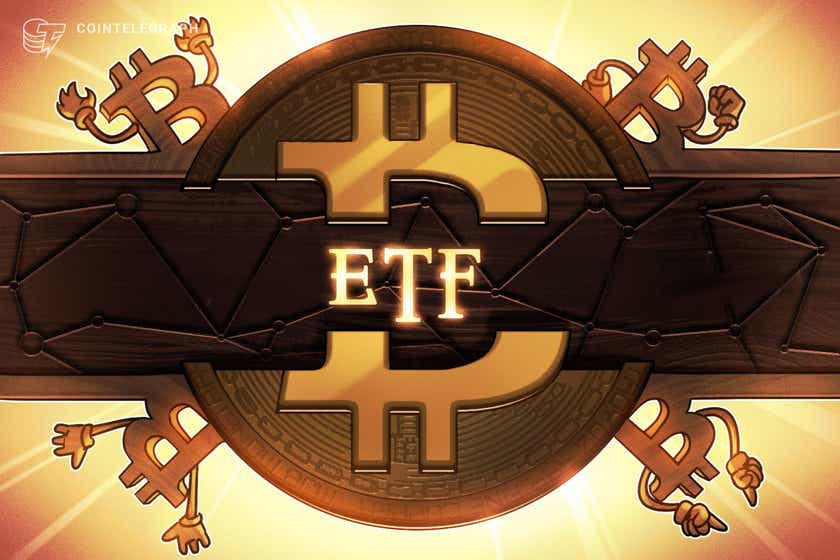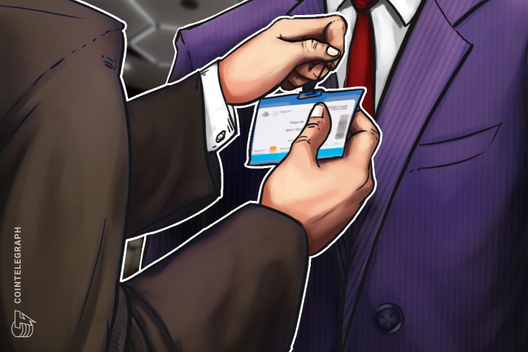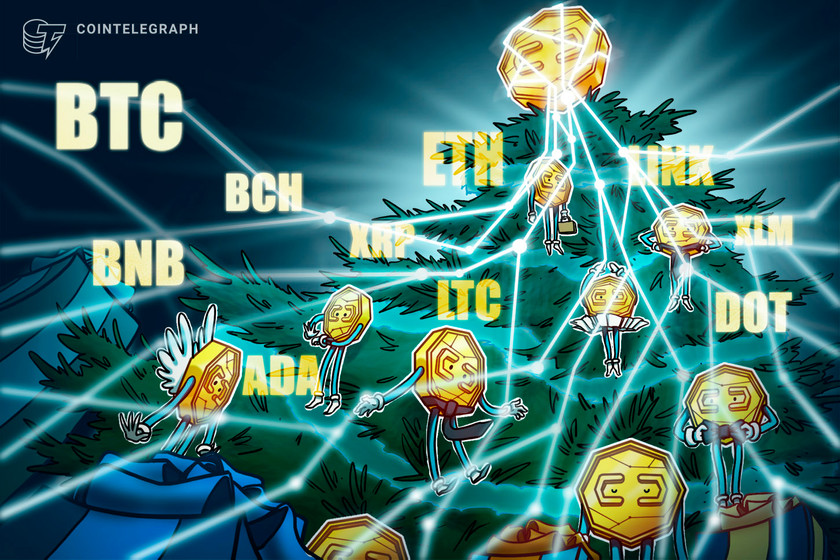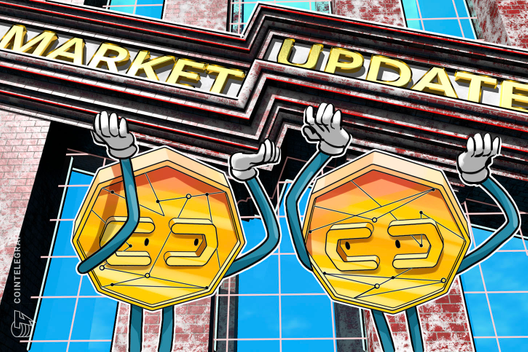US Bank Regulator Sees Potential in Fintech Solutions to Legacy Banking Issues
A fintech-positive U.S. banking regulator sees a role for private companies in providing better banking services.

The United States Acting Comptroller of the Currency, Brian Brooks, recently expressed his willingness to embrace fintech solutions in an interview with CNN.
Brooks, who was formerly Chief Legal Officer at Coinbase, explained that his job now was to “identify impediments that make it harder for people to get what they want and need.”
This has already led to a green light for banks to provide crypto custody services, and Brooks also mooted the possibility of a future Central Bank Digital Currency (CBDC) issued by private companies but backed by bank deposits.
The interview also covered the need for faster payment solutions, with the recent issuing of coronavirus benefit payments being sent across what Brooks described as “19th century banking rails.”
He noted that the lack of an instant payment solution in the U.S. banking system had led to millions and millions of payments being made outside of it, through companies such as PayPal, Stripe and Square.
This then raises the question of whether it is desirable for this financial activity to be outside of the regulator’s control.
Brooks suggested that his favored solution, which is already being implemented in other parts of the world including the United Kingdom, was to have “faster payments that are innovated by private companies, but then supervised by federal watchdogs.”
Finally, Brooks discussed the 50 million Americans who currently hold some form of cryptocurrency. He described his role as making sure that this was “accessible to them in the same safe and sound way that they can get their checking account.”









